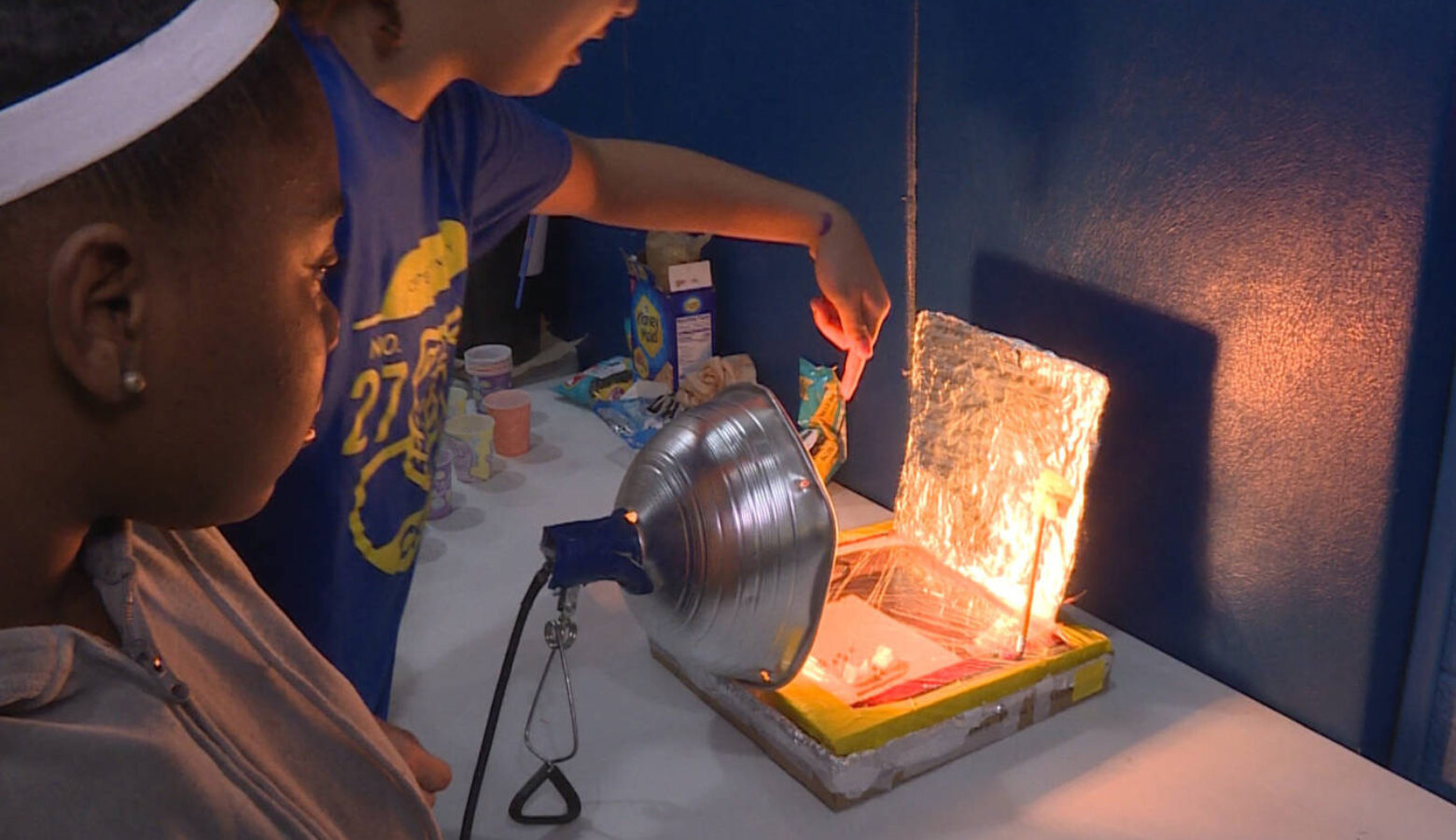Better climate education on its way with new science standards

Indiana is on track to improve the way it teaches climate change. New state science standards that require more climate education will go into full effect by next school year.
Two years ago, Indiana received a “D” for how it teaches climate from the National Center for Science Education and the Texas Freedom Network Education Fund. Since then, the state added more climate requirements to its science standards and extra environmental science standards for high schoolers.
Now Indiana would probably earn a “B” or an “A minus” said Glenn Branch, deputy director for the NCSE.
“They would be among the top 10 in the country now — and that’s a huge achievement of which Hoosiers can be proud,” he said.
But Branch said just having the standards is not enough. Many teachers today haven’t had the opportunity to learn about climate change in school themselves and will need training to get them up to speed. States like Washington, Maine and California have passed laws to fund those efforts.
What happens if teachers can’t get that training to teach climate effectively? Branch said Indiana students might not perform well in state and national science tests. That could make the state less attractive to certain industries.
“It could get a reputation as a state that’s unfriendly to science, inhospitable to high-tech investments. If a company that’s producing say, solar panels or electric cars, wants a eco literate workforce — are they going to pick a state that’s has good climate change education or state as bad climate change education?” Branch said.
There are groups working to help teachers adjust to the new standards. The Hoosier Association of Science Teachers Incorporated (HASTI) put on a conference in October to bolster that effort.
HASTI’s executive director Carolyn Hayes said the standards are about thinking critically — like a scientist. Once you understand that, she said it’s not that difficult of a transition.
“We don’t want to encourage our students just to say, ‘Oh, well, I heard this.’ Well, let’s go research this and find out — did they really collect the correct amount or type of data?” Hayes said.
READ MORE: Why do some people think that climate change isn’t happening?
Join the conversation and sign up for the Indiana Two-Way. Text “Indiana” to 73224. Your comments and questions in response to our weekly text help us find the answers you need on statewide issues, including this series on climate change and solutions.
Indiana University also provides climate workshops for K-12 teachers through its program Educating for Environmental Change.
Kirstin Milks is a partner in the program and a science teacher at Bloomington High School South. She said a decade ago, she might have had a hard time convincing some students that climate change is real.
“Unfortunately, my students are no longer having that experience. They are here in the Midwest, the direct recipients of climate and environmental change in my community. It’s droughts and floods after heavy rain that are the biggest changes that students are seeing,” Milks said.
According to a Yale climate opinion survey, it’s estimated that more than 70 percent of adult Hoosiers believe kids should be taught about the causes, consequences and potential solutions to global warming.
Milks said her students want to know how climate change will affect their families and their food.
She said data from IU’s Environmental Resilience Institute suggests that Hoosiers are having private conversations about climate change in their homes and with their close friends, but not many are talking about it more openly.
“But their children in our community are asking and they’re ready to learn — and they want to learn about climate change. And for teachers, the big secret is to help students see that science and engineering play a huge role in the future well being of all of us,” Milks said.
Contact reporter Rebecca Thiele at rthiele@iu.edu or follow her on Twitter at @beckythiele.
